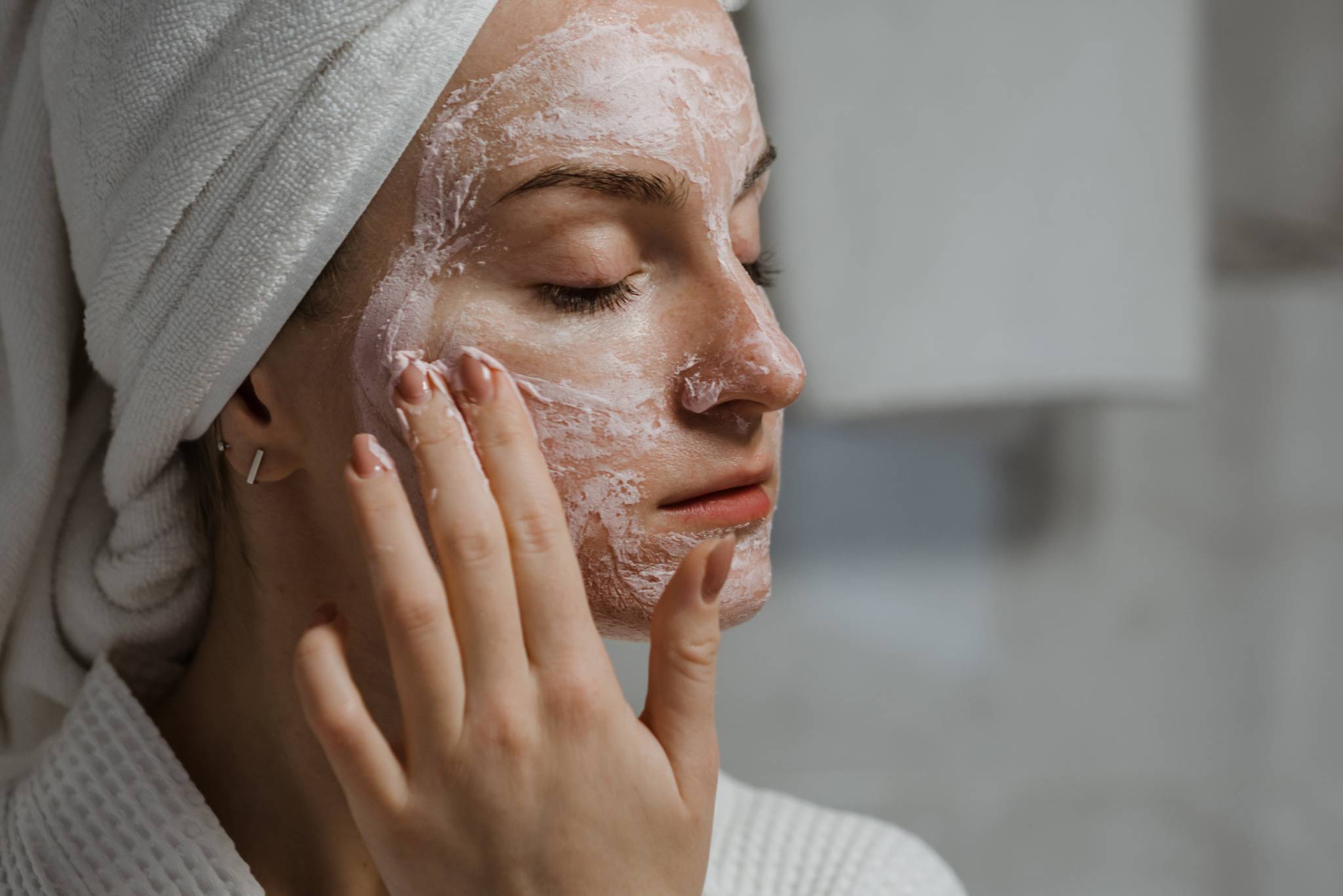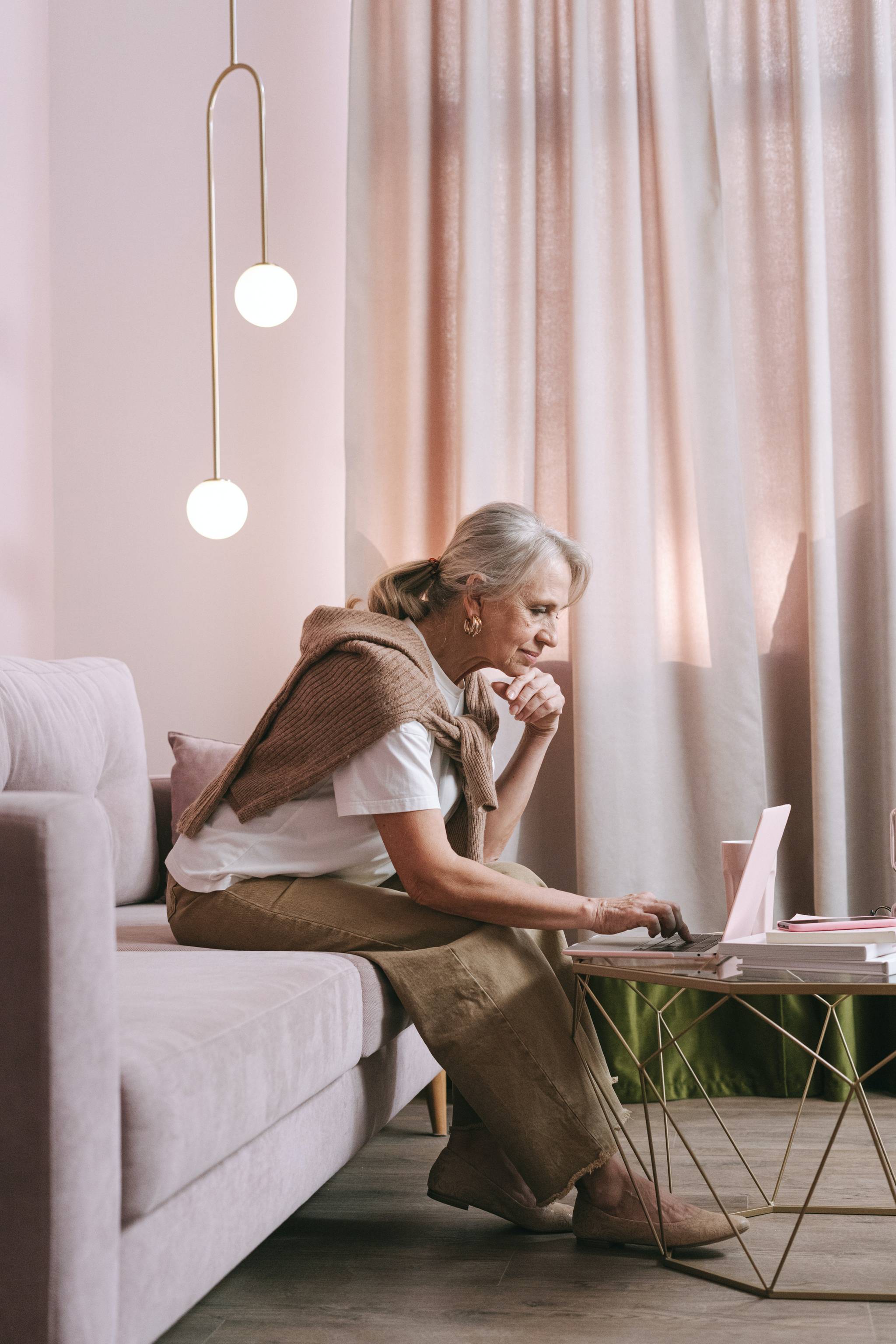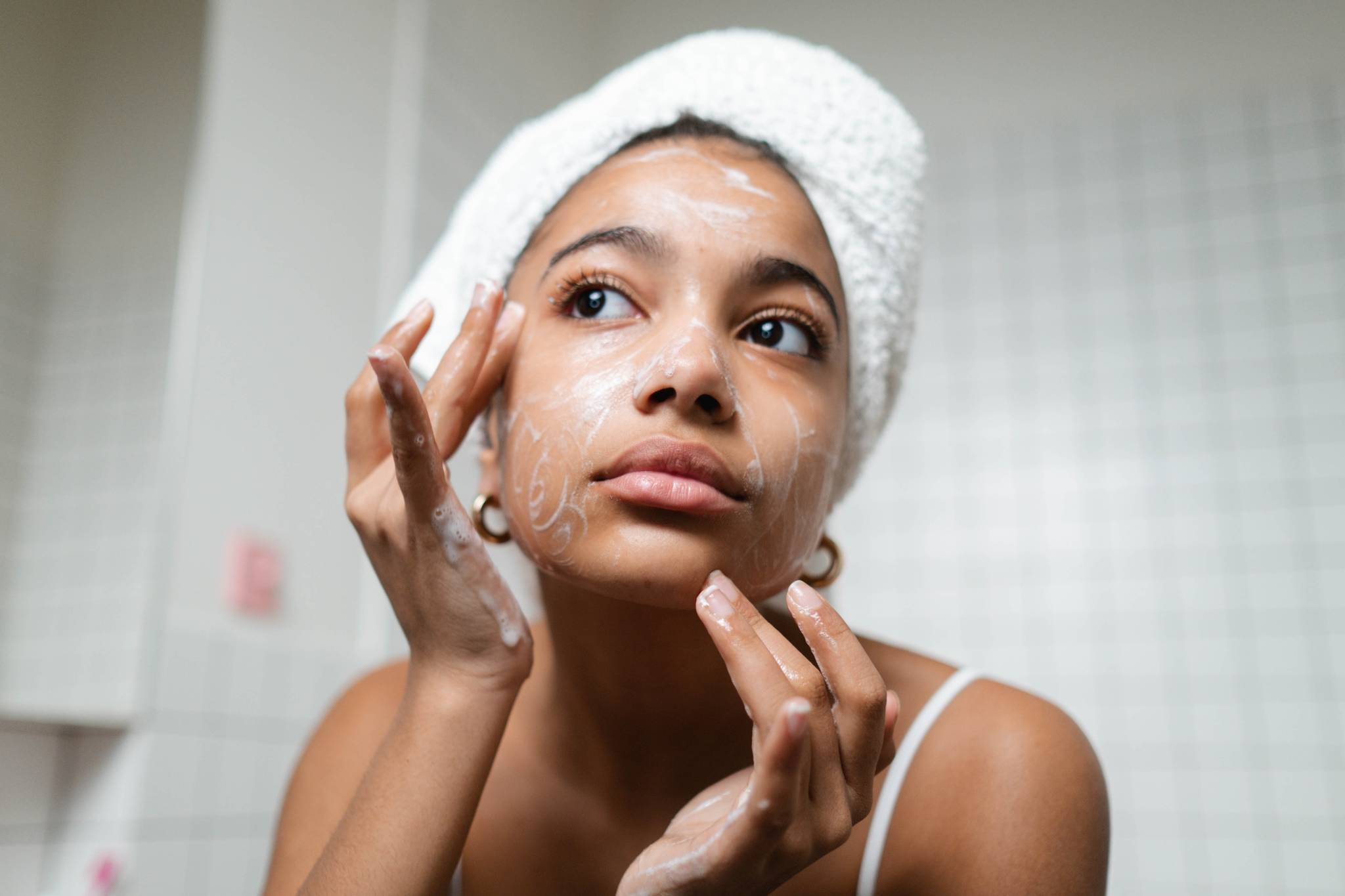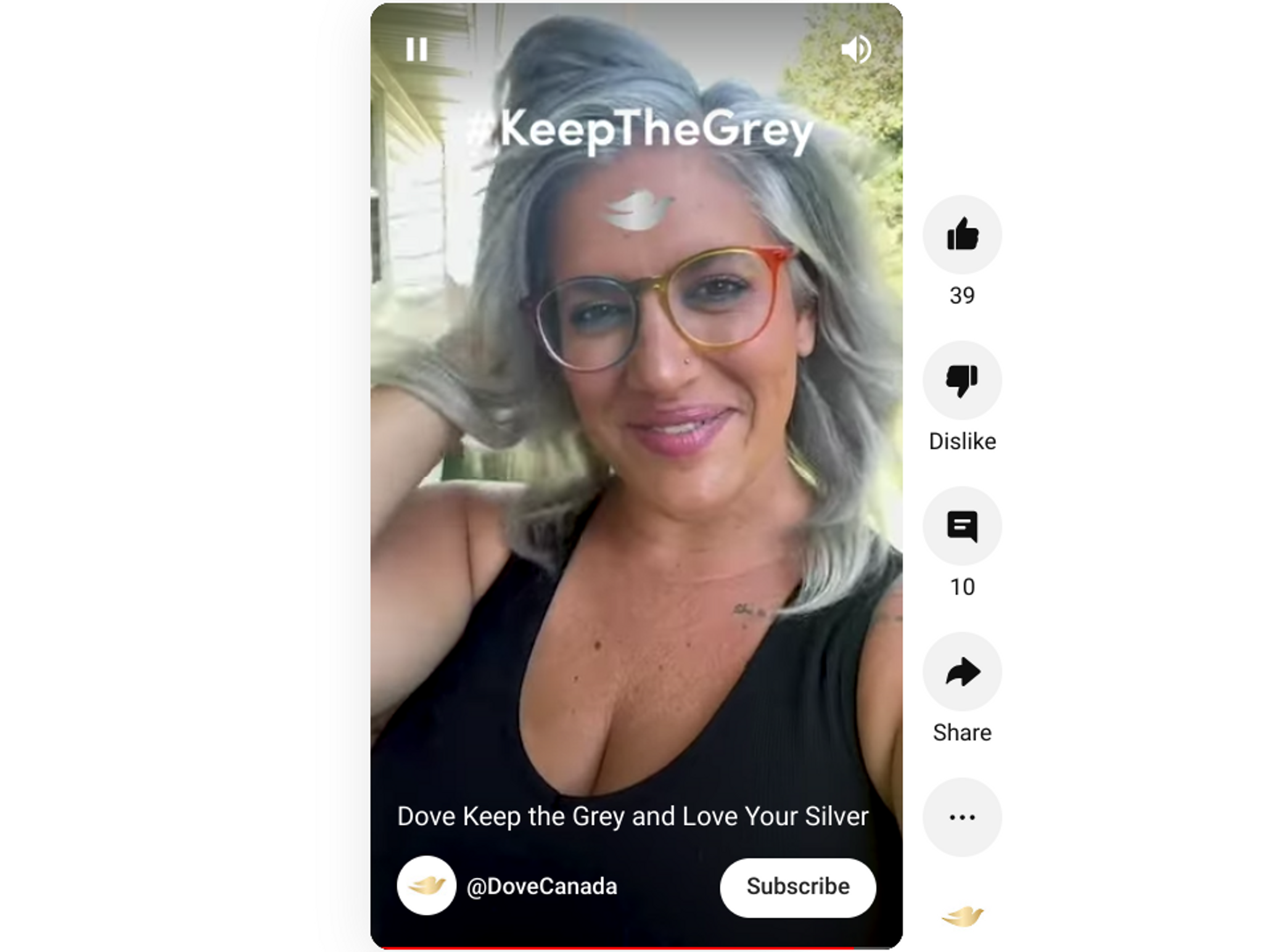
As Gen Z navigates social media, they’re becoming increasingly worried about ageing and are highly aware of their appearances. Even though several beauty campaigns focus on healthy ageing, there’s a need for action from brands as filtered and edited pictures warp their views of self-perception.
Despite the oldest among them barely reaching their mid-20s, Gen Zers are reaching for products with anti-ageing benefits. On social media, consumers share their skincare routines, with some as young as 14 posting about how they’re slowing the ageing process. In popular media, figures like Bryan Johnson, known for trying to hack his way into living forever, contribute to larger fears around growing old, despite positioning his quest as an attempt to understand the human body better.
In the era of Instagram perfection and Snapchat filters, social media has become both the stage and the audience for Generation Z's escalating ageing anxieties. Constant exposure to curated images of flawlessness and unattainable beauty standards fosters a distorted self-perception, exacerbating concerns about the inevitable passage of time. The relentless pursuit of the idealized self, magnified by the virtual realm, not only fuels age-related worries but also underscores the urgent need for a nuanced conversation about authenticity and self-acceptance in the digital age.
While Gen Z’s obsession with skincare has been great for brands that push products to pursue aspirational results, consumers are feeling the impact. Even as companies like Dove work to disrupt anxiety around growing old and Paris Fashion Week stokes discourse about healthy ageing, more significant cultural fears prevail. An action-intention gap exists online, evidenced by the way many baulked at the TikTok filter that simulates ageing.



